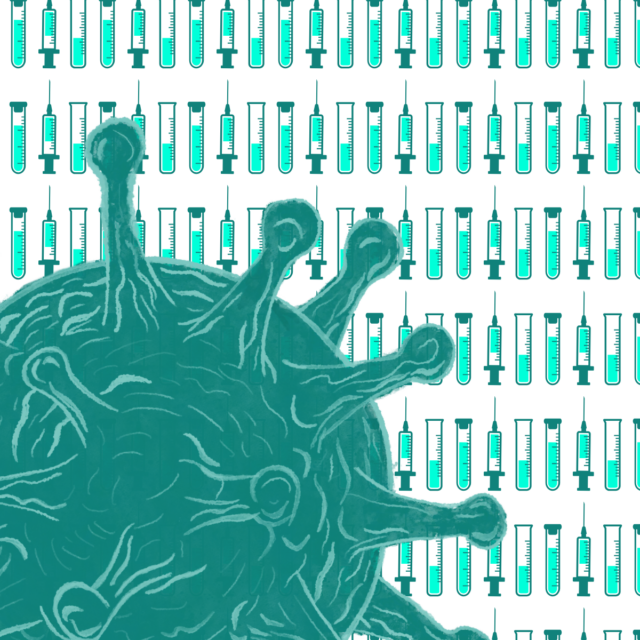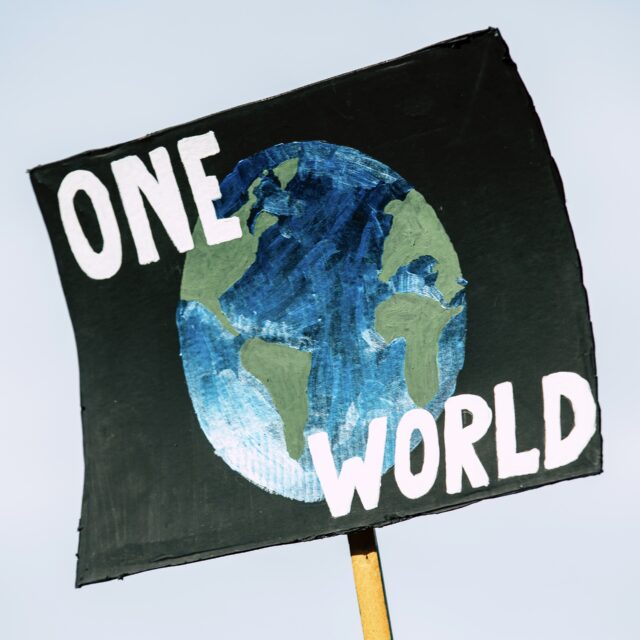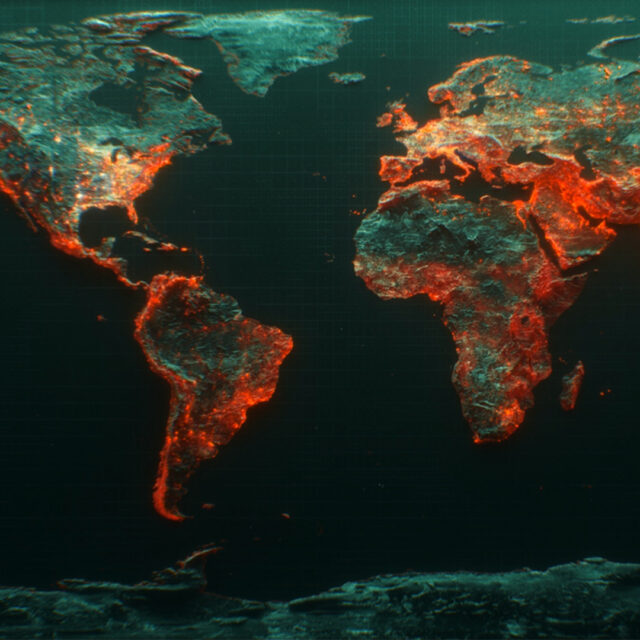Something amazing has happened. The World Trade Organization just appointed its first-ever woman director general and its first-ever African as director general, all in the person of Dr. Ngozi Okonjo-Iweala. The new DG brings both energy and amazing experience to the table — former VP of the World Bank, former finance minister of Nigeria, past chair of the board of the Global Alliance for Vaccines and former board member of the ONE Campaign. CV highlights aside, Dr. Ngozi brings something else to the table – a lifetime of championing the cause of sustainable and equitable development and a world that works – for every person in it.
And comments from the new DG right out of the box? Citing a new report from the International Chamber of Commerce, Dr. Ngozi told the BBC that the global economy could lose US$9 trillion if, by mid-2021, half of the populations of wealthy countries have received COVID-19 vaccinations but poor countries have not vaccinated their populations.
“Half of that cost will be borne by rich countries,” she told the BBC, adding that “…we need to understand that it’s in the self-interest of both rich and poor to have equitable access to vaccines.” It’s also good science.
Why does this matter? We’re one year into a global pandemic and the virus is still winning. But while the world has not done the work yet to forge a global response to the pandemic, it has developed multiple safe and effective vaccines. This is a BIG DEAL. Now the trick is to make sure that vaccines are available to everyone, everywhere, and urgently on a timely basis – because our failure to deploy vaccines globally and simultaneously gives the virus room to spread and mutate.
The world can actually do that, if we:
- Continue to ramp up funding for COVAX, the advanced market mechanism that is procuring vaccines for low-income countries, as G7 leaders continued to do just last week.
- Mobilize the additional funding needed to ensure that all countries can cover their vaccine requirements.
- Implement a vaccine sharing arrangement, whereby wealthy countries with surplus vaccines share them with less wealthy countries – which some G7 countries have recently agreed to in principle but which needs urgent action so that we can wage a global vaccine campaign now.
- Press pharmaceutical companies to participate in the World Health Organization’s C-TAP patent pool, so that vaccines can be produced at scale.
- Temporarily loosen trade restrictions that impede the timely manufacture (which Dr. Ngozi identified as the biggest constraint to global access), distribution, and affordability of vaccines.
The World Trade Organization is discussing the call being made by over 100 countries for a temporary TRIPS waiver – TRIPS being the set of agreed-upon regulations that cover a range of products, including vaccines and therapeutics. The TRIPS regime is complicated, not least because it encompasses determinations on intellectual property rights. It’s also controversial, and countries have strong views for and against.
The call from over half the world’s countries is not for the wholesale abandonment of TRIPS, but for a temporary lifting so that vaccines and therapeutics can be licensed to and produced by as many companies as possible, and in as many countries as possible. Even if issued, national implementation of the terms of the waiver is voluntary.
Our view? In the urgency of now, the upcoming WTO meeting should temporarily loosen trade restrictions that prevent the timely manufacture of vaccines. But this is not a silver bullet, nor is it a long-term solution.
For that, the world needs to take a step back and acknowledge that even with innovations like COVAX and vaccine sharing arrangements, we don’t have an efficient and effective system, or the agreements needed to support it, to manage our global health security. An open, frank and serious discussion now of loosening trade restrictions could yield some of the actions we need to beat the virus of today.
As important, it could – and should – kick off a broader discussion of and agreement on new rules enabling the world to efficiently and swiftly produce and deploy vaccines and therapeutics in declared epidemics or pandemics so that in the future, we’re faster than the viral threats that we will most certainly face.



